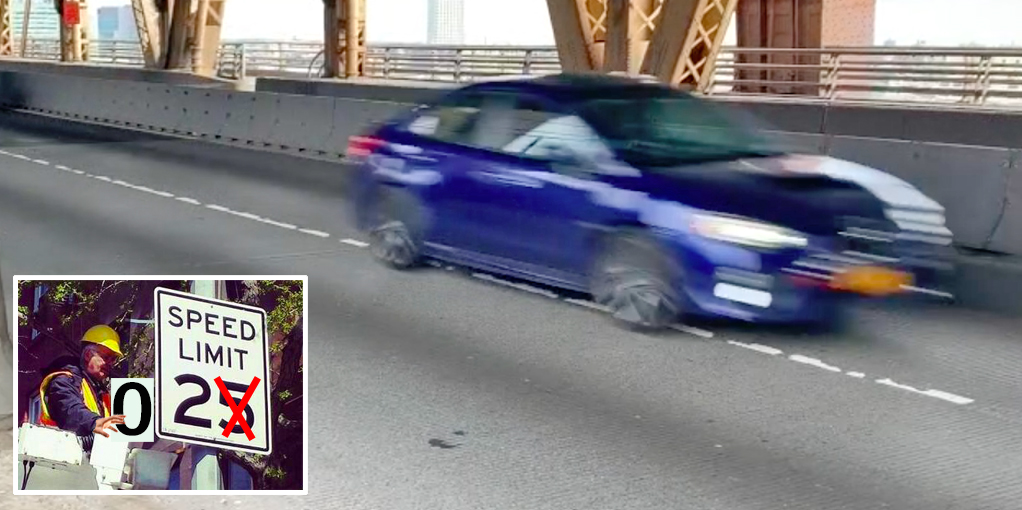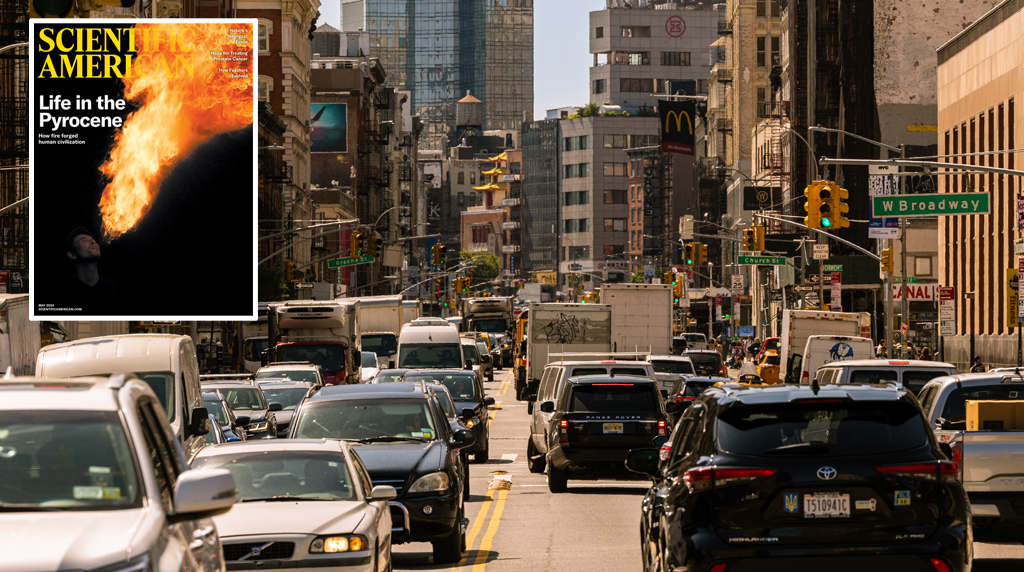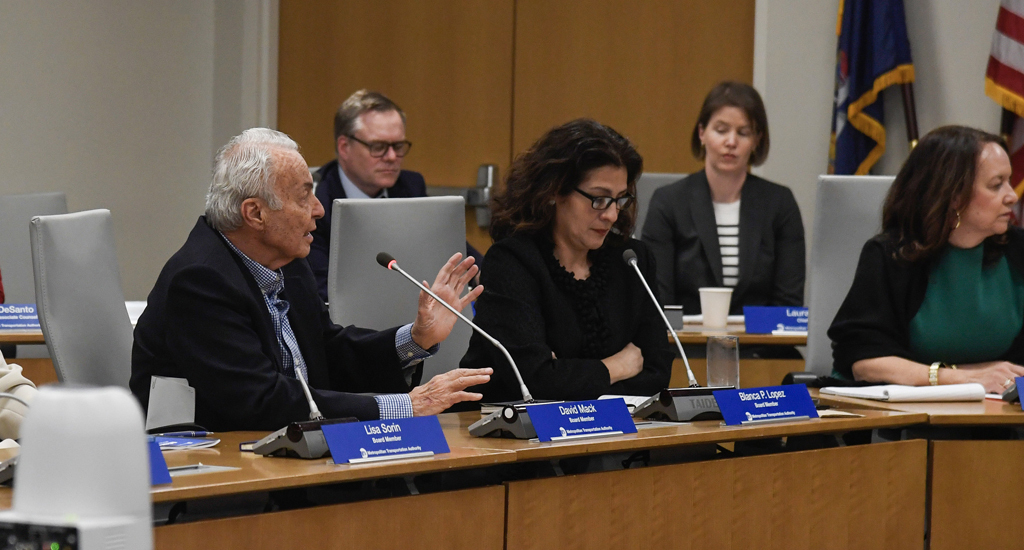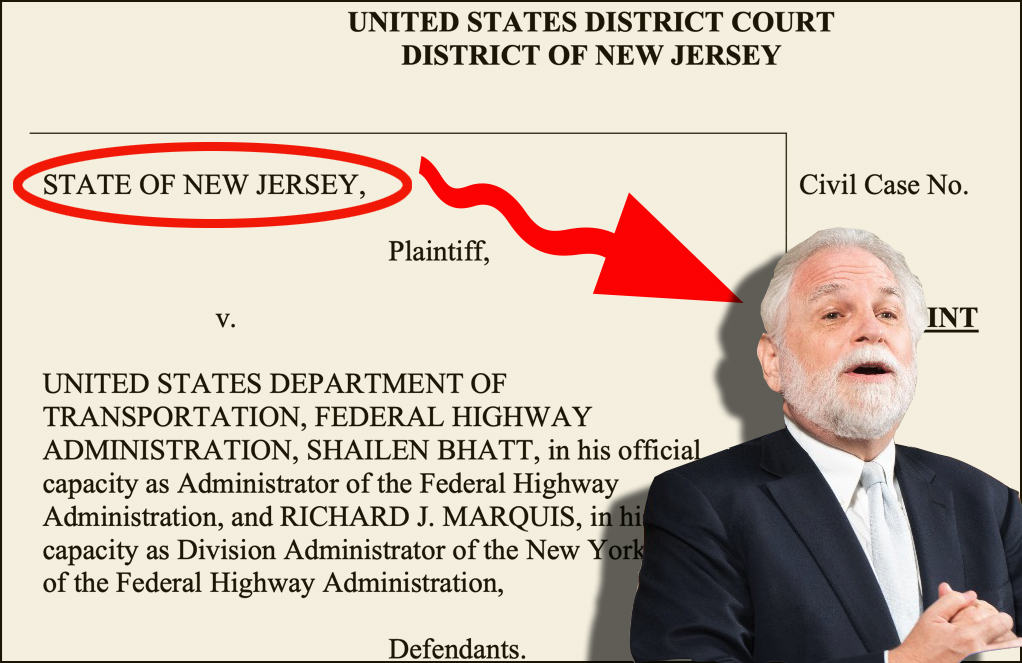 Dozens of local transit agencies, already laboring to move more riders while costs go up, have a new financial hurdle to clear. The collapse of AIG threatens to force them to pay back bank deals ahead of schedule, and service cuts may follow. The Philly Inquirer explains:
Dozens of local transit agencies, already laboring to move more riders while costs go up, have a new financial hurdle to clear. The collapse of AIG threatens to force them to pay back bank deals ahead of schedule, and service cuts may follow. The Philly Inquirer explains:
The trouble stems from leasing arrangements made years ago betweentransit agencies and lenders in which the banks bought transitequipment and facilities, such as railcars and stations, and leasedthem back to the agencies.
The transit agencies got much-needed cash, and the banks got taxbenefits. In 2003, the tax benefits from those kinds of transactionswere prohibited by the IRS.
AIG served as the insurer of many of those deals. The collapse of AIGdowngraded its credit rating, allowing the lenders to demand fullpayment from the transit agencies if the agencies did not quickly findother insurers.
NJTransit is on the hook for up to $150 million; Chicago agencies may have to repay more than $100 million; Los Angeles County -- as much as $300 million; Washington Metro's worst-case obligation is $400 million. According to the Hill, the total exposure of more than 30 transit agencies could reach "well over $1 billion." (The MTA has not been affected as much as other agencies, according to an agency spokesman; any impact on its budget will be addressed at a November 10 meeting of the MTA Finance Committee.)
The Newark Star-Ledger reported today on the consequences for NJTransit:
"The timing couldn't be any worse," saidstate Transportation Commissioner Kris Kolluri. "Itwould add such a dramatic burden on the transit agency youwould need drastic service cuts or the curtailing of thecapital program."
Four Senators have written to Treasury Secretary Henry Paulson and Federal Reserve Chair Ben Bernanke, asking them to intervene:
"If the Treasury and Federal Reserve do not act quickly, public transitagencies around the nation could become financially crippled andseveral banks could enjoy unjustified windfalls," read the letter,which was signed by Sens. Robert Menendez and Frank Lautenberg of NewJersey, Sen. Richard Durbin of Illinois and Sen. Barbara Boxer ofCalifornia.
A spokesman for Senator Lautenberg told Streetsblog yesterday that "we need intervention as soon as possible" but that the Treasury has yet to respond to the letter. Press reports indicate that the Treasury is in talks with agencies, including NJTransit, about possible solutions. One way the feds could assist is by stepping in to back up the leases instead of AIG, according to the Associated Press.
All of which raises a 122 billion dollar question, says blogger Ryan Avent:
One might ask just what the hell was the point of giving AIG governmentcredit worth $122 billion (and counting) if it wasn’t going to preventthe deals the firm guaranteed from falling apart.
Photo: robotbrainz/Flickr
 Dozens of local transit agencies, already laboring to move more riders while costs go up, have a new financial hurdle to clear. The collapse of AIG threatens to force them to pay back bank deals ahead of schedule, and service cuts may follow. The
Dozens of local transit agencies, already laboring to move more riders while costs go up, have a new financial hurdle to clear. The collapse of AIG threatens to force them to pay back bank deals ahead of schedule, and service cuts may follow. The 



